Discovering treasure in painful experience
Jin Takamizu
October 14, 2024

A nose and two ears, a mouth and two eyes—they say that first impressions are mostly based on their appearance. Let me ask you: Do you like how you look? If you asked me today, I’d definitely say yes. But it took me a long time to feel this way. I don't think I would have been able to feel this way without all the love from people around me and the tremendous support of the Shinnyo masters.
I was born with a congenital cleft lip and palate. It’s a condition that can entirely affect a person’s facial features, even in mild cases, but I was diagnosed with one of the more severe cases that is also extremely rare. My nose looked crushed, my lips misaligned, and my teeth uneven. My upper jaw was underdeveloped, causing the roof of my mouth to be directly connected to my nasal cavity. Anything I ate dripped out of my nose.
For six years, from birth until entering elementary school, I underwent more than ten major operations. The extent of surgeries a young child can undergo is limited, so those operations were just meant to ensure the condition didn’t prevent me from being able to live my daily life. This meant that my handicap was still obvious from my physical appearance. Thankfully, my parents raised me with so much love that I was still a really happy child.
But that happy life began to deteriorate when the frequency of my hospital visits lessened, and I started to be exposed more and more to the world outside. Whenever my mother and I were out grocery shopping, passersby would stare at me, openly expressing their disgust or laughing and pointing. At playgrounds, other parents discreetly kept their children away from me. “Why do people react like that?” I would ask my parents. Thinking back on that now, it must have been very painful for them to have been asked such a thing by their own child. I learned later that my mother used to cry in secret every day.
Thankfully, my parents raised me with so much love that I was still a really happy child.
But during those painful times, a family friend and mentor with whom we first studied at Shinnyo‑en—of whom I was very fond—was always around and supportive. She would comfort my mother and stroke my head with a gentle smile. Through her experiences in meditation, my mother had come to feel that I probably would have died before being born, but I was welcomed to this world because I had an important purpose to serve. Our friend kept reminding us of that, that my life had special meaning, and she’d tell my mother to have confidence and trust in it.
When I was a kid, I had no idea what Shinnyo‑en really was. But coming back to the temple always left me feeling good about everything. Gradually, my mother’s outlook changed and she became more cheerful. My father would be so moved whenever he attended a service that he’d shed tears. So as a child, I looked forward to visiting the temple. We practiced as a family. Over time, my mother became a stronger and more confident person. Luckily, I was blessed with an optimistic personality that kept me from feeling oppressed by my handicap. I, too, started to feel strongly that the Teachings were something I really wanted to share to preserve this path for the sake of others.
My junior high and high school years were filled with a series of successive operations to improve my appearance. I went through many days of treatment and rehab that was so excruciatingly painful that it would make me scream. By the end of this extensive period of hospitalization, I had lost 20 kg. I found myself resenting those around me who didn’t have to go through what I was experiencing.
Our friend kept reminding us of that, that my life had special meaning, and she’d tell my mother to have confidence and trust in it.
When I had to stay in the hospital, my father would sit beside me, sharing some of the teachings from Shinnyo‑en to help me persevere. He tried to encourage me with words spoken by the founders and their second son, Shindoin, who suffered through illness his entire life:
“Find the way through illness.”
“Every time I feel that the treatment is painful, I remind myself it is because I lack gratitude.”
But these words only caused me frustration. I would take it out on my father. “Gratitude? What gratitude? How can you say that when you’re not even in pain? It’s easy to say when you don’t know what it’s like!”
I had my final bout of surgery in the winter of my second year at high school. Although I was feeling drained and didn’t really appreciate doing it, I attended a sesshin meditation in advance of the surgery. The spiritual advice I was given, “to face the surgery with gratitude,” rang hollow. By that time, after having gone through so many similar procedures, I was jaded about the whole thing. I told my parents I was strong enough to handle it, so they needn’t worry.
The operation was a success. But later that night, when the anesthesia started to wear off, I was overwhelmed by a fear that was more intense than any I’d ever known before. For the first time in my life, I pressed the button to call the nurse because I was so terrified I couldn’t sleep. I was experiencing postoperative anxiety, which is apparently quite common. The next night, when I was left alone in the dark again, that sense of anxiety and dread returned to haunt me with equal intensity. I was scared to death, couldn’t stop crying, and couldn’t sleep.
I suddenly realized for the first time how much I had been supported by the Shinnyo masters, the Dharma Protectors, and the warmth and kindness of my family members.
On the fourth night, like a drowning man clutching at straws, I opened the copy of Master Shinjo’s teachings, The Path of Oneness, I had brought with me. Opening it at random, I found the exact passage about Shindoin my father had earlier tried to share with me. It was something from the time when Shindoin was hospitalized.
“Find the way through illness.”
At that moment, the full import of these words washed over me. I suddenly realized for the first time how much I had been supported by the Shinnyo masters, the Dharma Protectors, and the warmth and kindness of my family members. Up until then, I had thought I was so fearless. When I finally understood that my spiritual teachers and those protective spirits that aid them had been helping me carry my burden, my anxiety disappeared.
I became aware of a palpable sense of having experienced, all these years, the spiritual support referred to at Shinnyo‑en as bakku-daiju; the amount of worry I had forgotten I was causing my family; and the shameful extent of my ungratefulness and arrogance. My anxiety ebbed away. Keeping The Path of Oneness open to a photo of Master Shinjo, and under the protection of his warm gaze, I fell into a restful slumber for the first time in days.
When I awoke the next morning, I felt on top of the world.
When I awoke the next morning, I felt on top of the world. The hospital food I had been complaining about the day before was now bursting with flavor, and I was inexplicably moved to tears. I felt so thankful and emotional about everything I was experiencing that I grew embarrassed and went outside to sit on a bench. A child, followed closely by his mother, approached me and asked with curiosity why I was crying. I saw that this child had the same condition I did. I got to chatting with the mother, who looked rather down in spirits and confessed that at times she couldn’t help feeling a sense of guilt for bringing her child into the world with such a condition.
She reminded me of what my parents must have gone through. I told her, “I have the same condition as your child, so I know what you mean. But I’m sure that even these moments of difficulty will one day be seen as treasures, and he’ll find himself blessed.” As she nodded her head, visibly comforted, I felt a sense of purpose in sharing and speaking about my experiences with others. Walking back to my hospital room, Master Shinjo’s words, spoken to Shindoin, came to mind:
“Our experiences, and especially our struggles, nurture us so that we can truly be there for others in their time of need. Believe me, I know how trying these experiences can be; oh, how much they ask from us! But it’s these trying experiences, Yuichi, that are so important.”
These are my battle scars, a testimony to what I experienced; I think I’ll keep them.
Before checking out of the hospital, the physician in charge of my surgery explained that the procedure to fully repair the shape of my lips and the scar below my nose had not been undertaken due to severe blood loss sustained during the operation. He recommended that I consider undergoing surgery one more time.
That evening, my father and I had a talk. “You really did an amazing job getting through all that pain. Now, let’s do it just once more so we can complete the full procedure. Your mother feels the same way.” In response, I shared what I had experienced during my stay at the hospital. I said:
“I now see what I have as a treasure, an experience that the Shinnyo Parents saw me through, so I want to share my experiences with other people and let them know what the Shinnyo Path is about. These are my battle scars, a testimony to what I experienced; I think I’ll keep them. Mom, Dad: Thank you so much for having me.” It was the first time I had ever expressed thanks to my parents for giving me life.
When I think back on all the love and support my parents gave me and how it helped me perceive my condition through the Shinnyo Dharma, I feel an overwhelming sense of appreciation and fulfillment.
My father just nodded, eyes brimming with tears, telling me how strong I’d become. When I think back on all the love and support my parents gave me and how it helped me perceive my condition through the Shinnyo Dharma, I feel an overwhelming sense of appreciation and fulfillment.
Three years ago, I passed a government exam to practice acupuncture, and I’ve been fortunate enough to open two treatment centers. We use ultrasonic wave technology to identify the causes of pain and numbness, and treat our patients using the latest technology available. I’m also involved in my community as an instructor working with doctors, acupuncturists, and physical therapists. I have my whole future before me. I hope to fulfill it by doing all I can to safeguard and share the Shinnyo Path with others so that they, too, can uncover their true uniqueness and let their inner light shine through.
With the immovable spirit of Achala
Will I always keep on the path with others.
1. The posthumous name given to Yuichi Ito, Masters Shinjo and Tomoji’s younger son, who passed away at the age of 15 due to complications from tuberculosis. Yuichi was a spiritually gifted boy who spent a great deal of his last years teaching and sharing in practice alongside members of Shinnyo‑en. His wise words and grace beyond his years is fondly remembered by those who knew him.
2. “Lifting and carrying of burdens”
3. Shindoin’s given name; Shindoin is Yuichi Ito’s posthumous dharma name, referring to his efforts to guide others to faith and practice.
View more stories
Finding strength in the people around you
By Haidee Sui
Haidee Sui, a Shinnyo-en practitioner from Northern California, shares how she found strength in the temple community that helped her to connect to others and accept herself as she grew through a challenging time in her life.
The courage to persevere
By Jin Takamizu
The following is the story of Shinnyo-en member Jin Takamizu, who lives in the Tokyo area and shared this very personal account of how his faith gave him the courage to persevere, and eventually triumph, in the face of adversity.
Gaining peace and self-love
By Kevin Shi
Shinnyo‑en practitioner Kevin Shi, from Seattle, reflects on how the teachings offered him guidance and perspective when struggling with depression, helping him to rediscover a sense of inner harmony and self-worth.
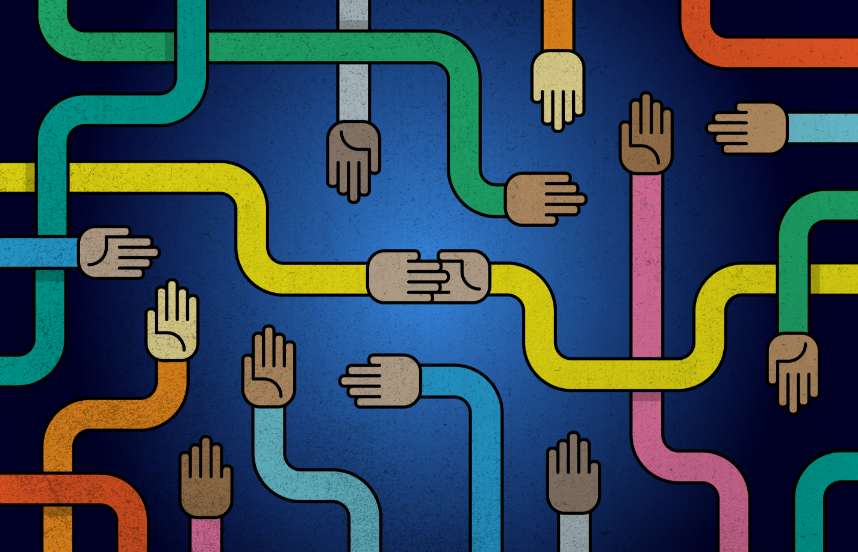
Coming home
By Amy Leval
Amy, an American living in Sweden, shares the story of how the simple practice of offering merit on behalf of family members that she had never met opened the way for healing and reunion within her extended family.
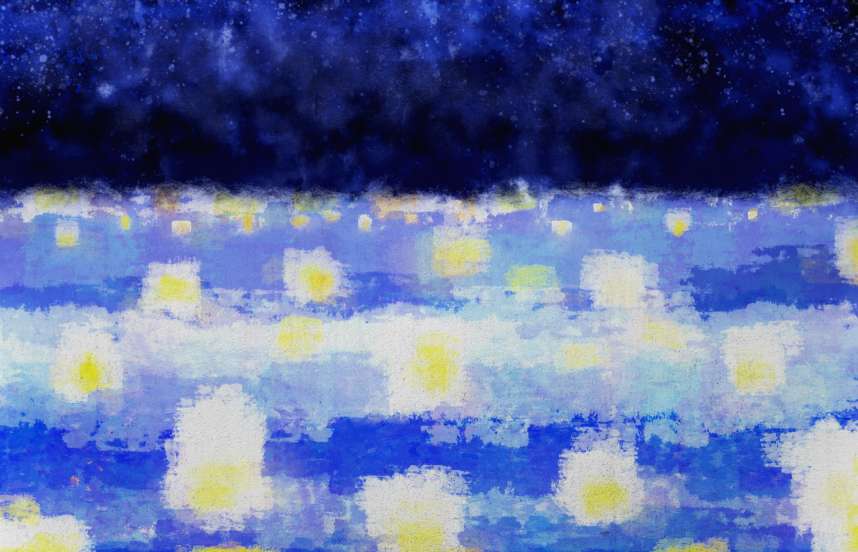
Sending off the spirits of the dead
By Temple Staff Member
In this article from a 1954 Shinnyo‑en newsletter, a member of the temple staff describes an early lantern floating officiated by Shinjo and Tomoji Ito. Despite the many decades since it was written, the account will be remarkably familiar to participants of contemporary lantern floatings.
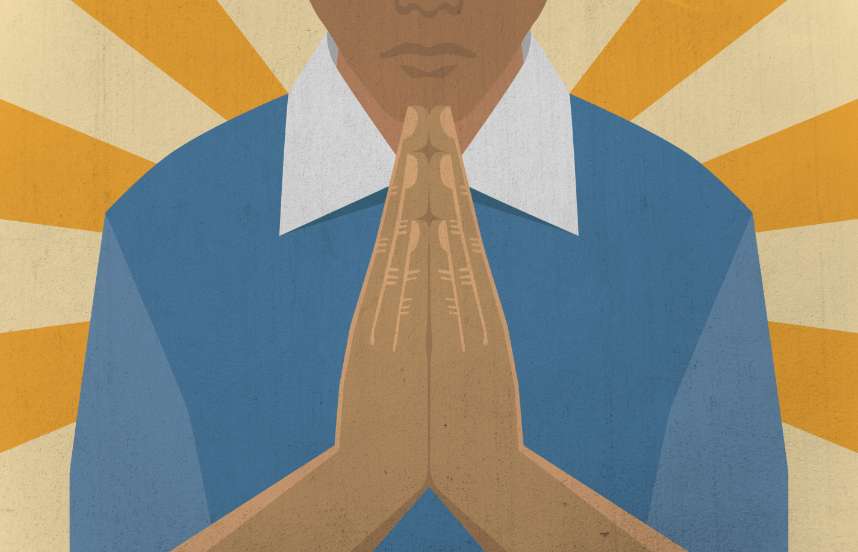
The spirit of gassho: cultivating gratitude as a spiritual practice
By Her Holiness Shinso Ito
Her Holiness likens living a true spiritual life to greeting others with a reverent expression of appreciation. A spirit of gratefulness for others and all that we have cultivates contentment and joy within us. It is a simple practice that we can only experience in the company of others.
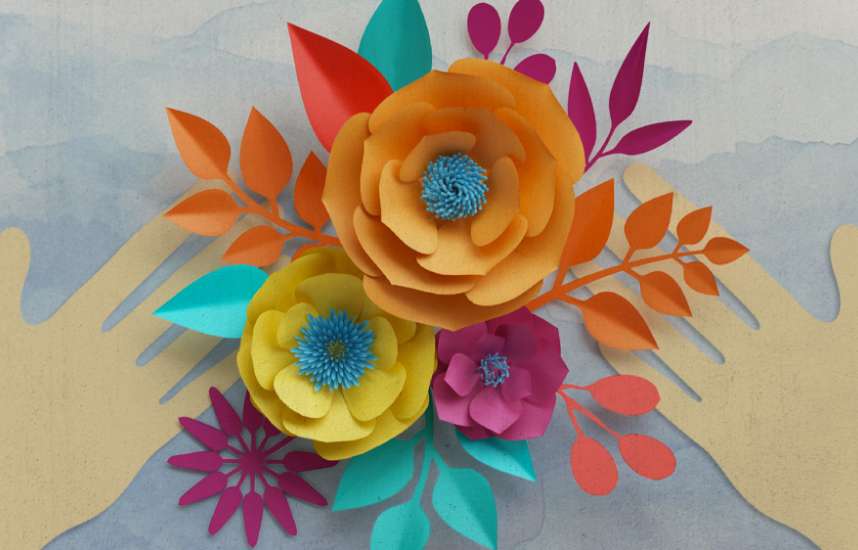
Walking on my own with others
By Takako Masuda
Takako Masuda, whose disability once made her introverted and aloof, describes how a warm, encouraging gesture from Her Holiness helped her realize we never truly walk alone.
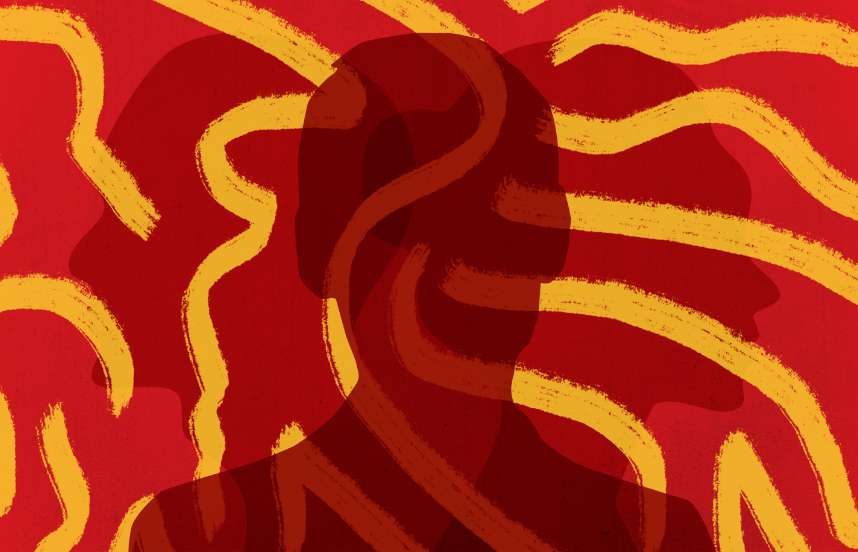
Healing bitterness with joy
By Tracy Yang
Tracy Yang, who lives in the United States, shares the story of her family breaking apart, the hardship of emigrating to New York with her mother, how sesshin helped her to uproot feelings of anger toward her and truly see her for who she is, and how with practice, her bitterness turned to joy.
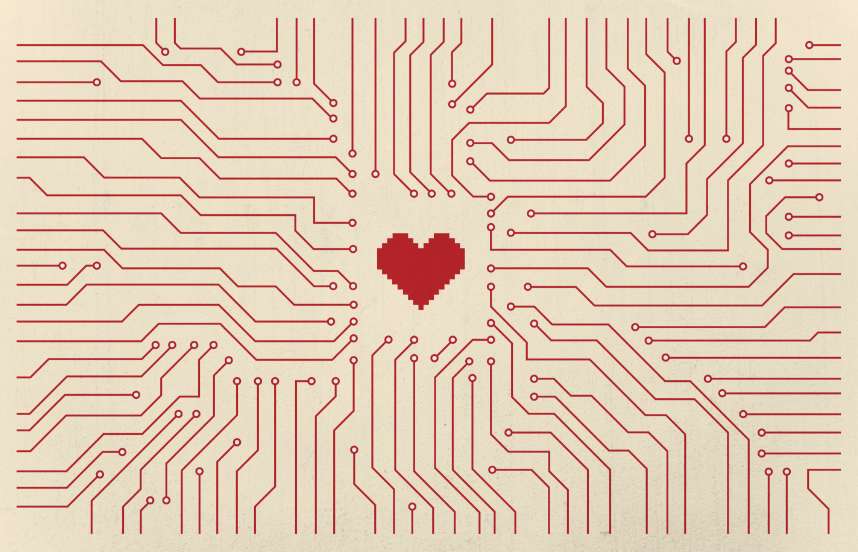
Kindling the warmth of Shinnyo in one’s heart
By Nicolas Simonet
French practitioner Nicolas Simonet shares how, even after being a member of Shinnyo‑en for a long time and feeling he knew more than others, a crisis in his relationship provided him a mirror to see his own failings, and finally ground his practice in his heart.
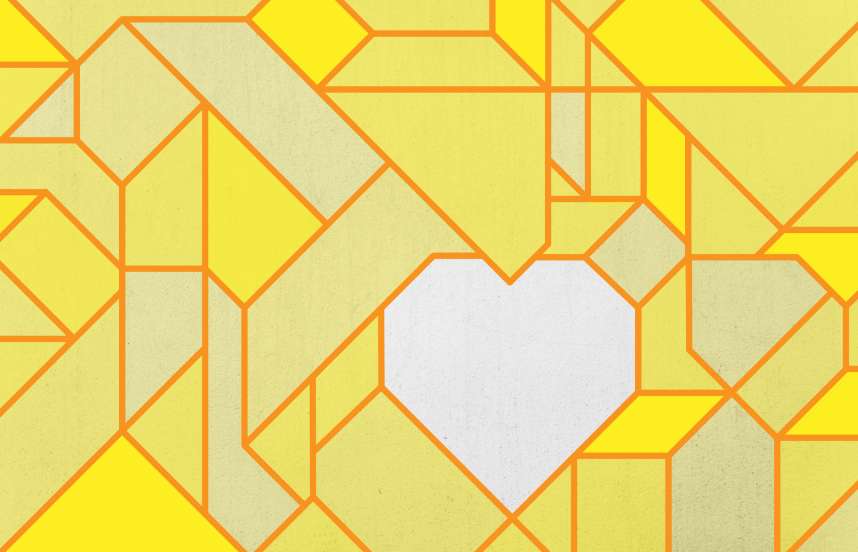
Practicing from the heart
By Lisa Bandiera
Lisa Bandiera, a member of the Shinnyo‑en temple in Sydney, Australia, describes how sesshin invigorated her spiritual practice within her family, and how studying at Shinnyo‑en has deepened and enriched her understanding of the faith tradition she was raised in.
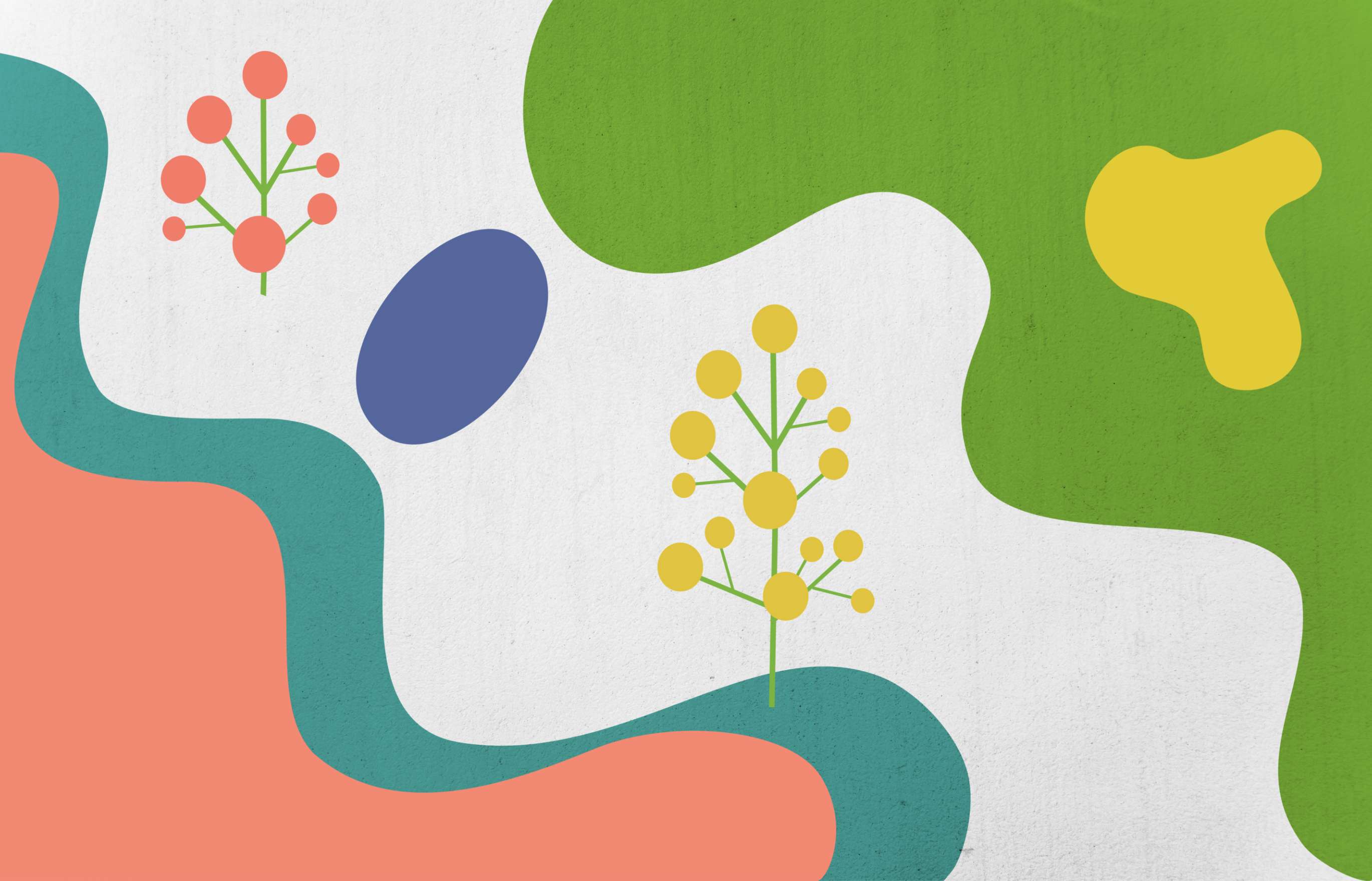
Spiritual training in a city full of potential Buddhas
By Ai Yamanaka
Shinnyo‑en practitioner Ai Yamanaka, from New York, finds spiritual inspiration, a happy life, and encouragement in the joyful open-heartedness hidden beneath the city’s superficial gruffness.
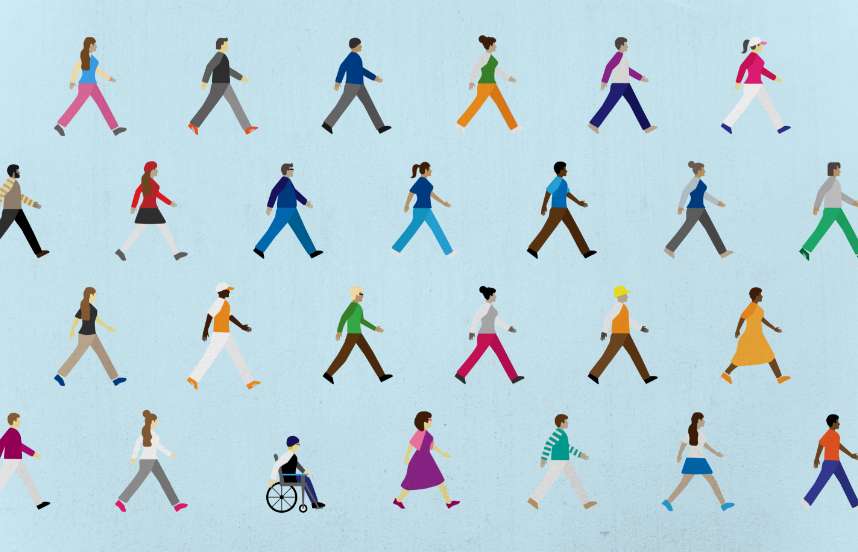
Steadfastly walking the path with others
By Master Shinjo Ito
Master Shinjo Ito, the founder of Shinnyo‑en, shares how the image of Achala (“the immovable one”), inspires development of a spirit of loving kindness and compassion toward others in one’s practice that remains steadfast, regardless of circumstances or recognition.
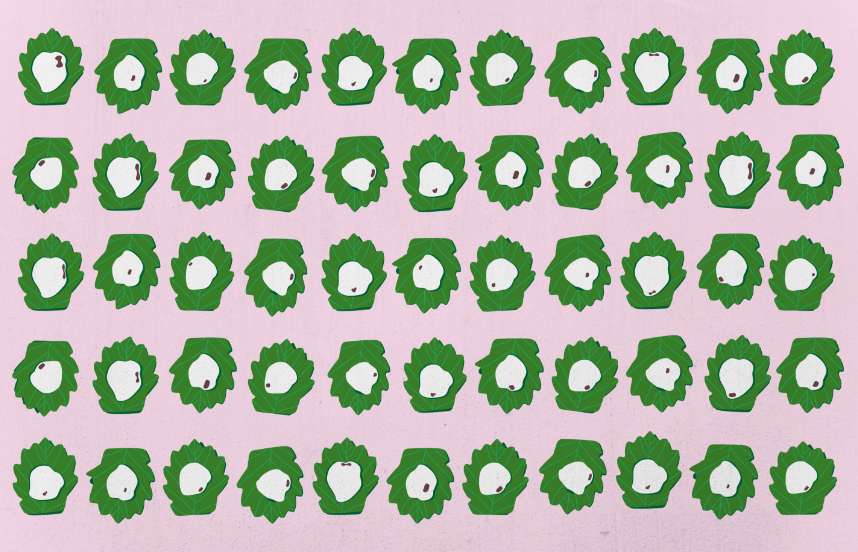
Taking what is left
By Her Holiness Shinso Ito
Her Holiness Shinso Ito shares a childhood memory of celebrating “Boy’s Day” with her mother, illustrating how she skillfully taught by example how to express qualities of buddhahood in everyday life.
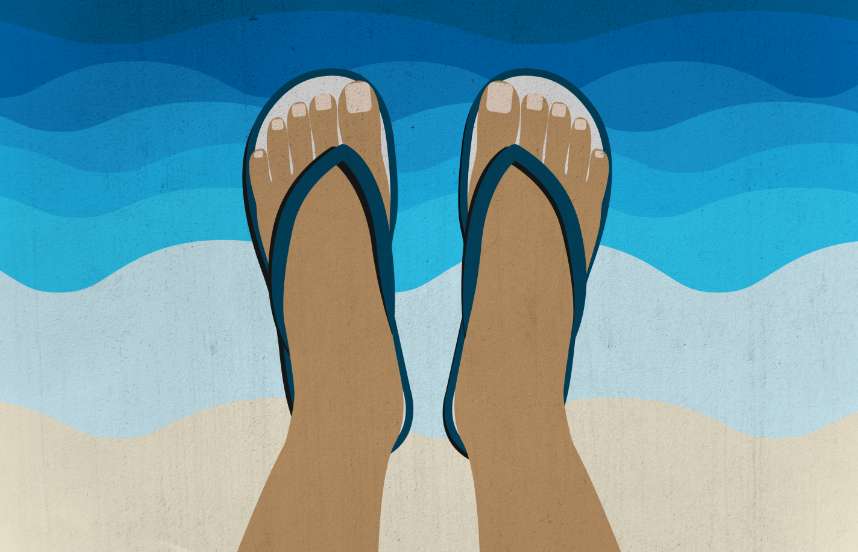
The longest journey begins with the first step
By Robert Mize
Shinnyo‑en member Robert Mize of the temple in Redwood City, California, reflects on how his practice fits into his Christian background, the healing power of mentorship and community at Shinnyo‑en, and on how the long-term perspective fuels his practice of small acts of kindness.
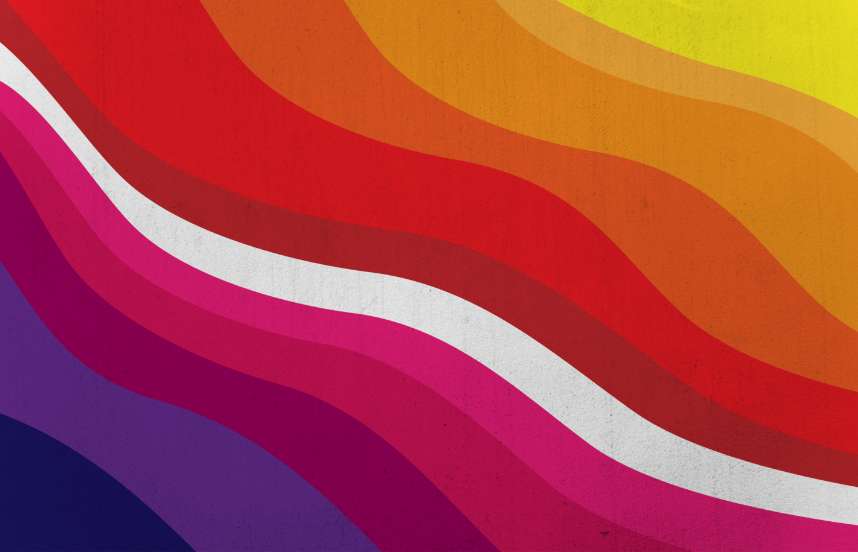
The transformative effects of the Shinnyo path
By Guillaume Riou
French practitioner Guillaume Riou shares his very personal story of practicing Shinnyo‑en, and how the simple act of praying for a cousin’s premature baby opened his heart to an estranged family member, and helped to heal the whole family.
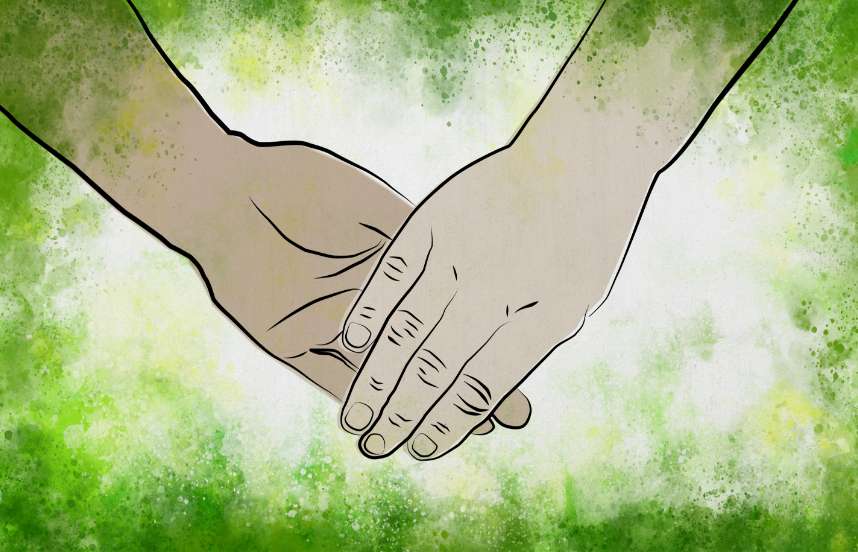
Touching our Buddha nature
By Mark S.
Shinnyo‑en practitioner Mark, from the United Kingdom but practicing in Japan for the last 20 years, explains how getting in touch with his “buddha nature,” his natural goodness within, helped him recognize the support and friendship of others around him and really be himself.
